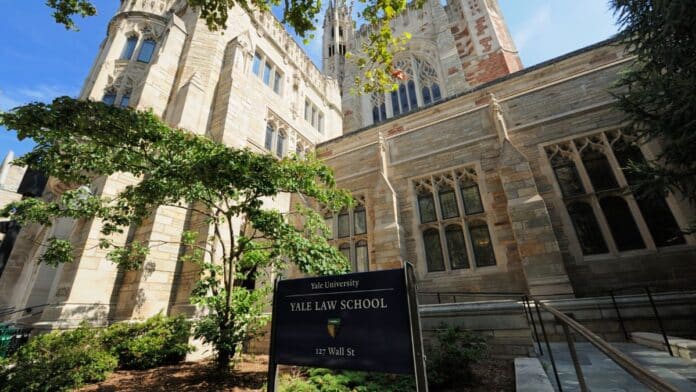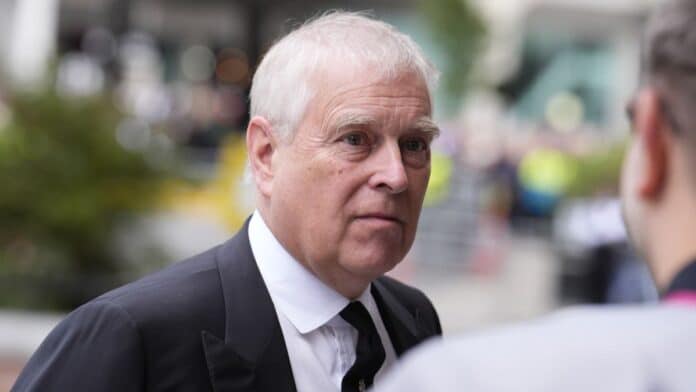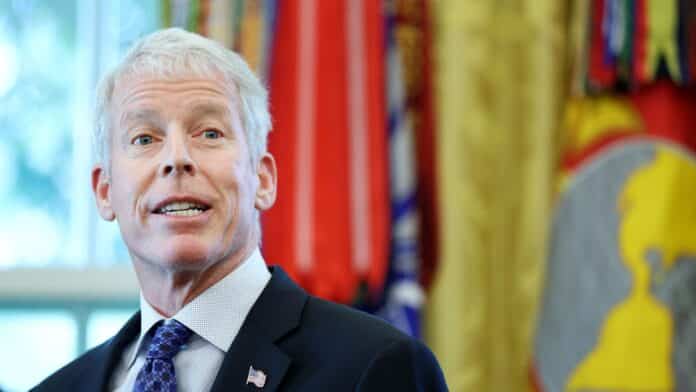Kimberly-Clark anunció que comprará a Kenvue, la empresa matriz de Tylenol y sus marcas, en un acuerdo valorado en casi 50 mil millones de dólares.
El acuerdo, de 48.7 mil millones de dólares, “une a dos empresas estadounidenses icónicas para crear una cartera combinada de productos complementarios, incluyendo 10 marcas que generan mil millones de dólares cada una, que llegan a casi la mitad de la población mundial en todas las etapas de la vida”, explica un comunicado de prensa sobre el tema, calificando la transacción como un “motor comercial superior”.
“Durante los últimos años, Kimberly-Clark ha llevado a cabo una transformación significativa para orientar nuestro portafolio hacia negocios de mayor crecimiento y mayor margen, mientras reestructuramos nuestra organización para trabajar de manera más inteligente y rápida”, dijo en un comunicado Mike Hsu, presidente y director ejecutivo de Kimberly-Clark. “Hemos construido la base, y esta transacción es un poderoso siguiente paso en nuestro camino.”
El director ejecutivo de Kenvue, Kirk Perry, dijo que las “fortalezas combinadas, capacidades ampliadas y recursos, y un mayor alcance nos permitirán innovar aún más rápido y fortalecer nuestro liderazgo en la categoría.”
Se espera que la empresa combinada genere ingresos netos anuales de aproximadamente 32 mil millones de dólares y alrededor de 7 mil millones de dólares en ganancias ajustadas antes de intereses, impuestos, depreciación y amortización.
Las marcas de Kimberly-Clark incluyen Huggies, Kleenex, Scott, Kotex, Cottonelle, Poise, Depend, Andrex, Pull-Ups y otras, mientras que las marcas de Kenvue incluyen Aveeno, Band-Aid, Listerine, Neutrogena, Tylenol y otras.
Tylenol se ha visto envuelta en batallas legales tras el anuncio de la administración Trump de que el acetaminofén está vinculado a problemas de salud cuando se toma durante el embarazo.
El fiscal general de Texas, Ken Paxton, presentó recientemente una demanda contra Johnson & Johnson y Kenvue, fabricantes de Tylenol, por ocultar la relación entre el uso prenatal de acetaminofén y el riesgo de autismo.









